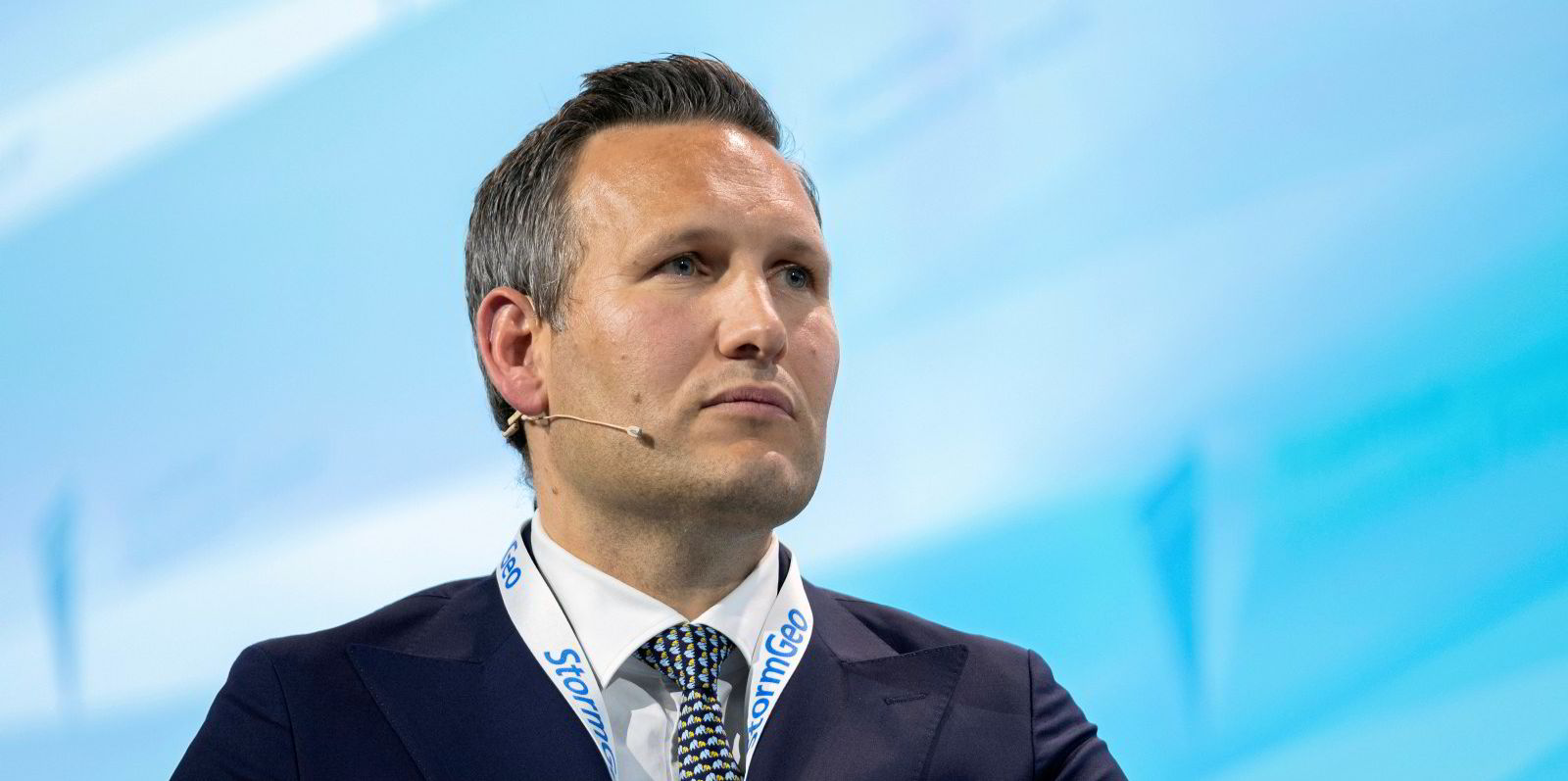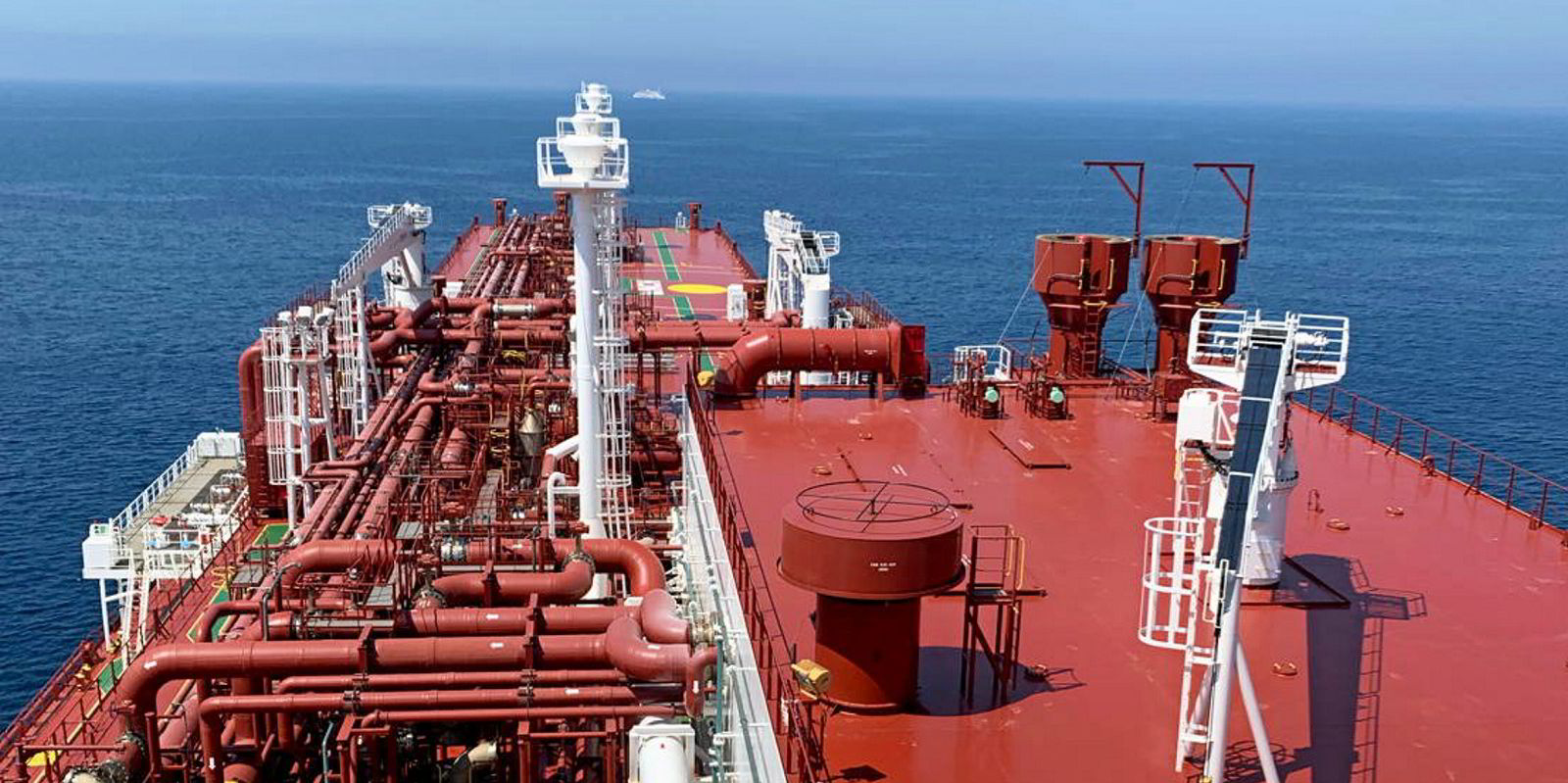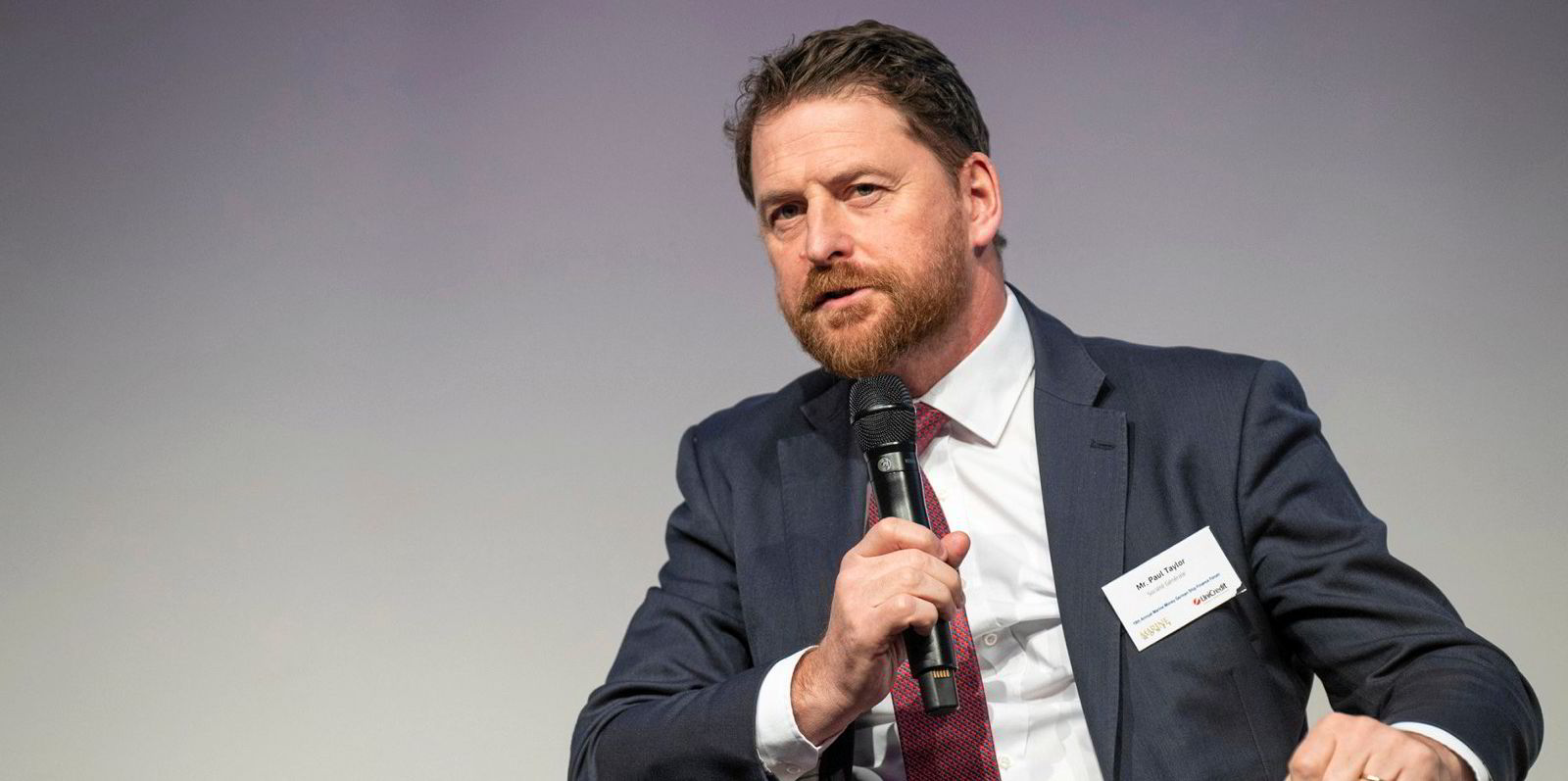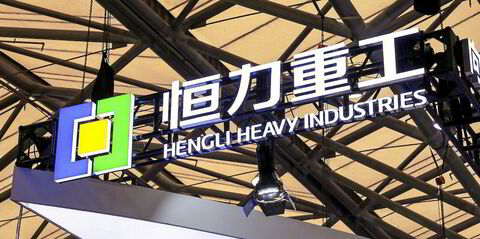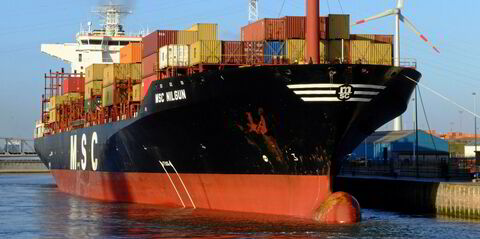John Fredriksen-controlled Flex LNG is choosing to play more of its 13-vessel fleet in the spot market this year but plans to move these vessels into term charter contracts as charterers move to replace older ships coming off-hire.
Speaking on a results call, Flex chief executive Oystein Kalleklev said some owners with speculative LNG newbuilding tonnage have opted to take term contracts to secure financing which has put a lid on period rates.
“We have elected to remain relatively highly exposed to the spot market as we have assessed expected future spot rates to be more attractive than term rates,” Kalleklev said. “And we can also afford to do so.”
Timing
But he said Flex aims to put a larger portion of its fleet under term contracts when time is right.
“We do think there will be ample opportunities in the future due to a lot of older ships coming off charters and we expect charterers to prefer the new type of ships.”
Flex currently has four ships on fixed contracts, three on variable hires with the remaining six trading in the spot market. A final newbuilding is due for delivery in May.
Of those on fixed time charters, Kalleklev revealed that charterer Enel has exercised its option to redeliver Flex Ranger three months early from the close of its charter contract. The ship will be handed back at the end of this month February.
He said the company has fixed its 174,000-cbm Flex Rainbow (built 2018) on a 12-month charter to a large trading house from the end of January.
The 174,000-cbm Flex Aurora and Flex Resolute (both built 2020) are also chartered out on fixed time-charters to a major utility.
Of the three ships on variable hire, he said the supermajor chartering the 173,400-cbm Flex Enterprise (built 2018) has extended the ship’s charter by 12-months until March 2022. The 173,400-cbm Flex Artemis (built 2020) is on a long-term charter to trader Gunvor and the 174,000-cbm Flex Amber (built 2020) is also fixed to a supermajor.
Flex’s trading fleet returned average time-charter equivalent earnings of around $60,000 per day in 2020 in what the CEO said, in what was a challenging year.
Kalleklev said this is “well above” cash breakeven levels for the ships, at an estimated average of $45,000 per day per ship once the last vessel is delivered in the second quarter.
Methane emissions focus
“Decarbonisation is taking centre stage in the industry,” Kalleklev said, describing the incoming measures to reduce carbon emissions.
He said methane emissions is another “hot topic” which needs to be taken into consideration.
Kalleklev said the LNG fleet’s 208 steam ships are at greatest risk from the new regulations.
But he said that while the 223 dual-fuel and tri-fuel diesel-electric vessels are more efficient, they also emit significant volumes of unburnt methane.
In contrast he said Flex’s two-stroke fleet is “well positioned” to meet the IMO’s 40% reduction in carbon intensity by 2030.
“We view these rules as an opportunity rather than a threat,” he said.
